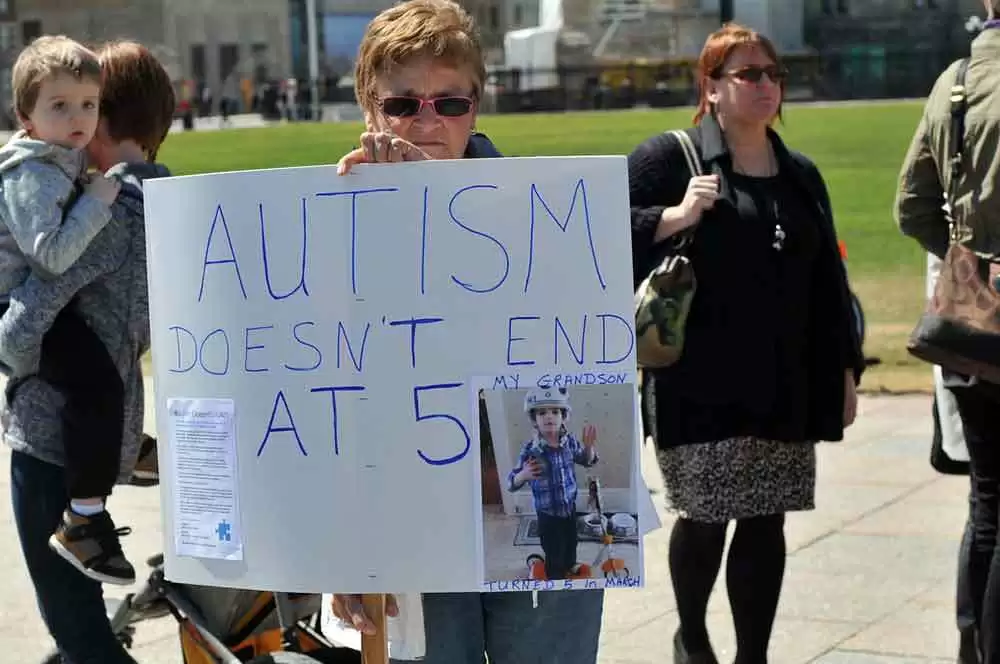
Celiac.com 11/18/2019 - So far, the little research that's been done suggests that a gluten-free diet does not help to improve to improve the functioning of children with autism spectrum disorders.
A team of researchers recently conducted a randomized, controlled, single-blinded trial to see if children with autism spectrum disorders showed any difference in functioning on a gluten-free diet compared with a gluten-containing diet.
Celiac.com Sponsor (A12):
The research team included Anna Piwowarczyk, Andrea Horvath, Ewa Pisula, Rafał Kawa, and Hania Szajewska. They are variously affiliated with the Department of Pediatrics with Clinical Assessment Unit at The Medical University of Warsaw in Warsaw, Poland; the Department of Pediatrics at The Medical University of Warsaw in Warsaw, Poland; and the Department of Health and Rehabilitation Psychology, Faculty of Psychology at the University of Warsaw in Warsaw, Poland.
Their team assessed a total of sixty-six children with autism spectrum disorders, within normal IQ range, above 70, who had been on a gluten-free diet for at least two months before enrollment.
After continuing a gluten-free diet for two-months, the gluten-free diet group continued this diet, while the gluten-containing diet group consumed at least one normal meal containing gluten per day for 6 months.
At the end of the trial period, the two groups showed no differences in autistic symptoms, maladaptive behaviors, or intellectual abilities. In this study, children with autism spectrum disorders eating a gluten-free diet did not show any significant signs of improved functioning compared with those who ate a gluten-containing diet.
These results confirm the results of an earlier, similar study from 2015.
So, the takeaway here is that a gluten-free diet does not improve functionality in patients with autism spectrum disorder.
Read more at: Journal of Autism & Developmental Disorders, October 2019








Recommended Comments
Create an account or sign in to comment
You need to be a member in order to leave a comment
Create an account
Sign up for a new account in our community. It's easy!
Register a new accountSign in
Already have an account? Sign in here.
Sign In Now